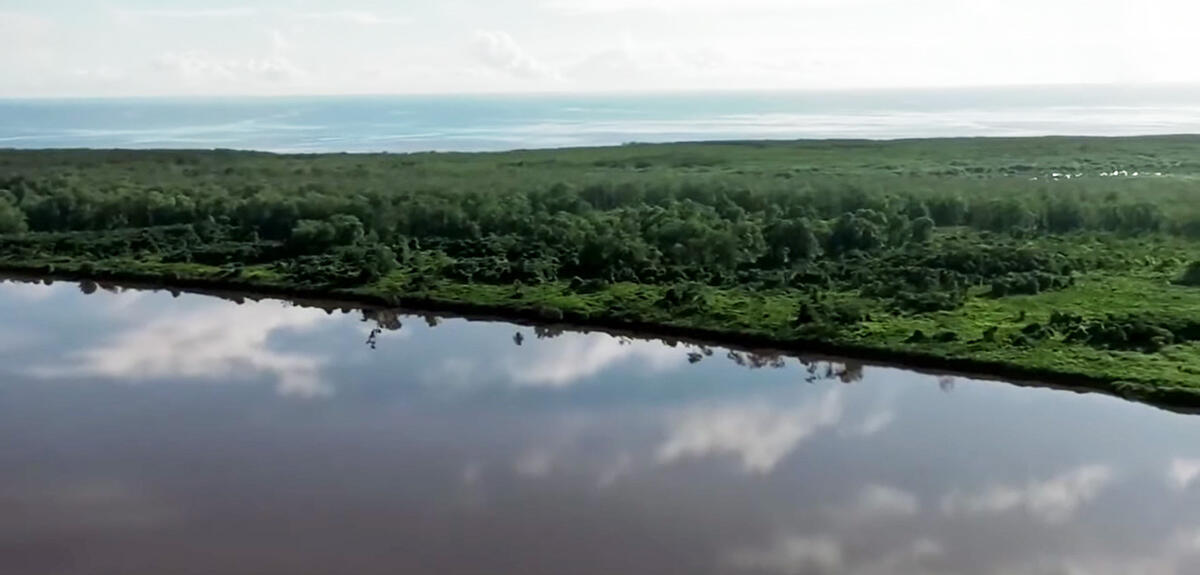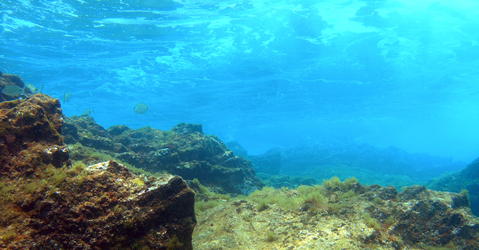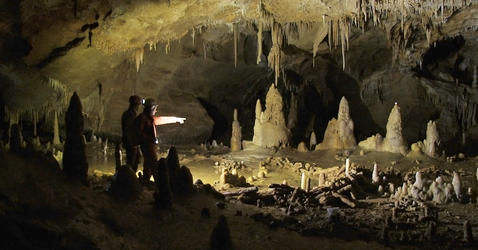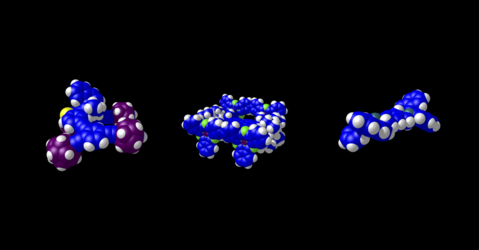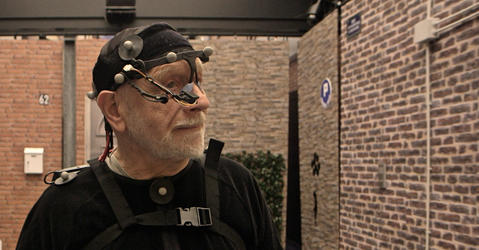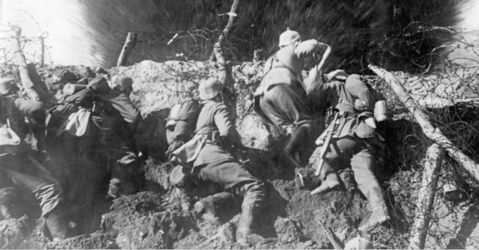You are here
Videos
Each year, some 40 billion tonnes of CO₂, one of the main greenhouse gases, are released into the atmosphere. A significant proportion of these is captured by the oceans, vegetation and the soil. The CNRS scientists are trying to better understand these natural carbon sinks, predict their evolution and also increase their storage capacity, or even envisage artificial sinks.
Recent Videos
Every day, marine viruses kill 40% of our oceans’ bacteria. And yet these biological entities are still poorly known. For example, we still know little about their role in the regulation of...
The recent discovery of broken stalagmites arranged in circles in the Bruniquel Cave (southwestern France) indicate that humans started occupying caves much earlier (more than 100 millennia) than...
The first-ever international race of molecule-cars will take place at the CEMES laboratory in Toulouse this fall. Five teams are fine-tuning their cars—each made up of around a hundred atoms and...
Does our sense of direction change as we get older? A team of researchers is studying the toll that age takes on our vision. To do this, they immerse research subjects fully equipped with sensors...
If our five “classical” senses exist to help us sound our environment, our sixth sense has more to do with the inside of our body. In this video, discover the latest research on proprioception,...
Looking back at the Battle of Verdun, during which 300,000 French and German soldiers were killed. Over the past century, the legacy of this battle, a symbol of the horror and absurdity of war,...


